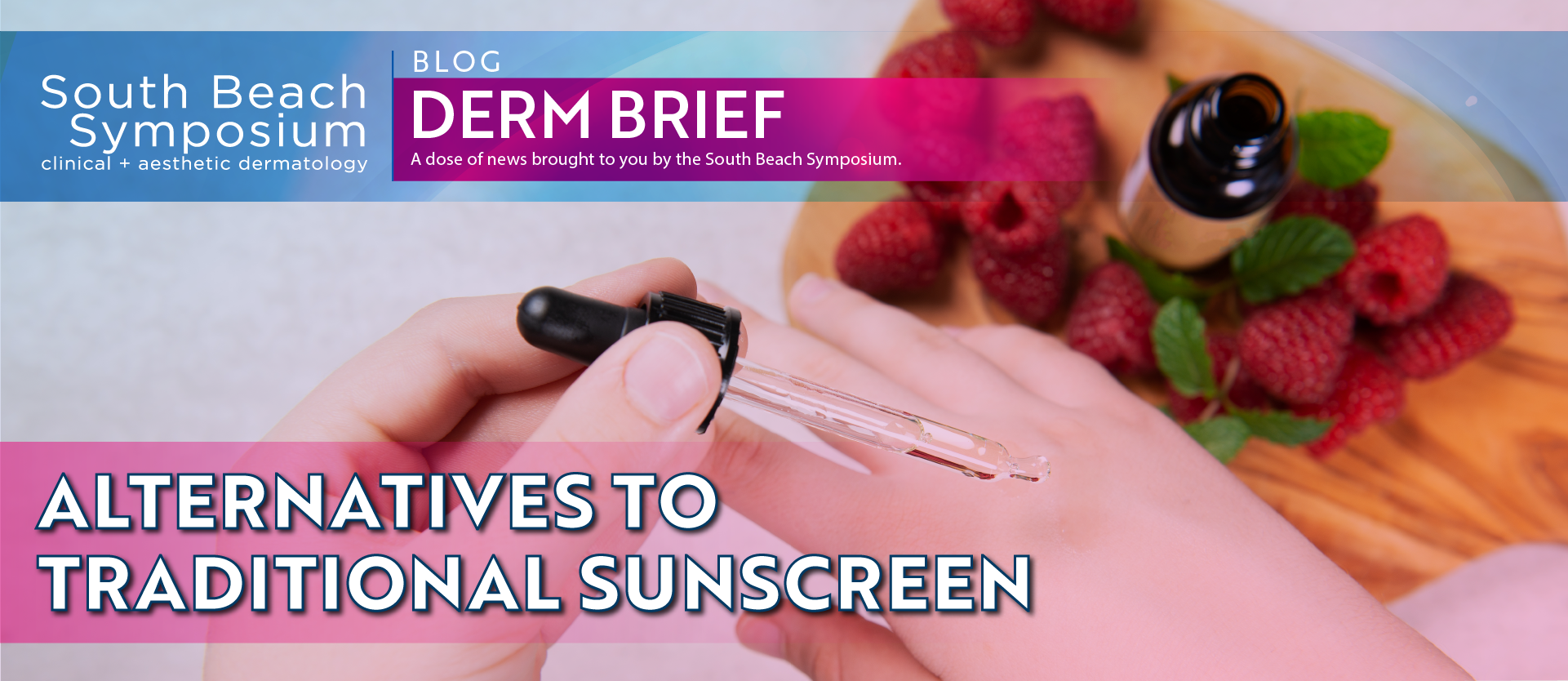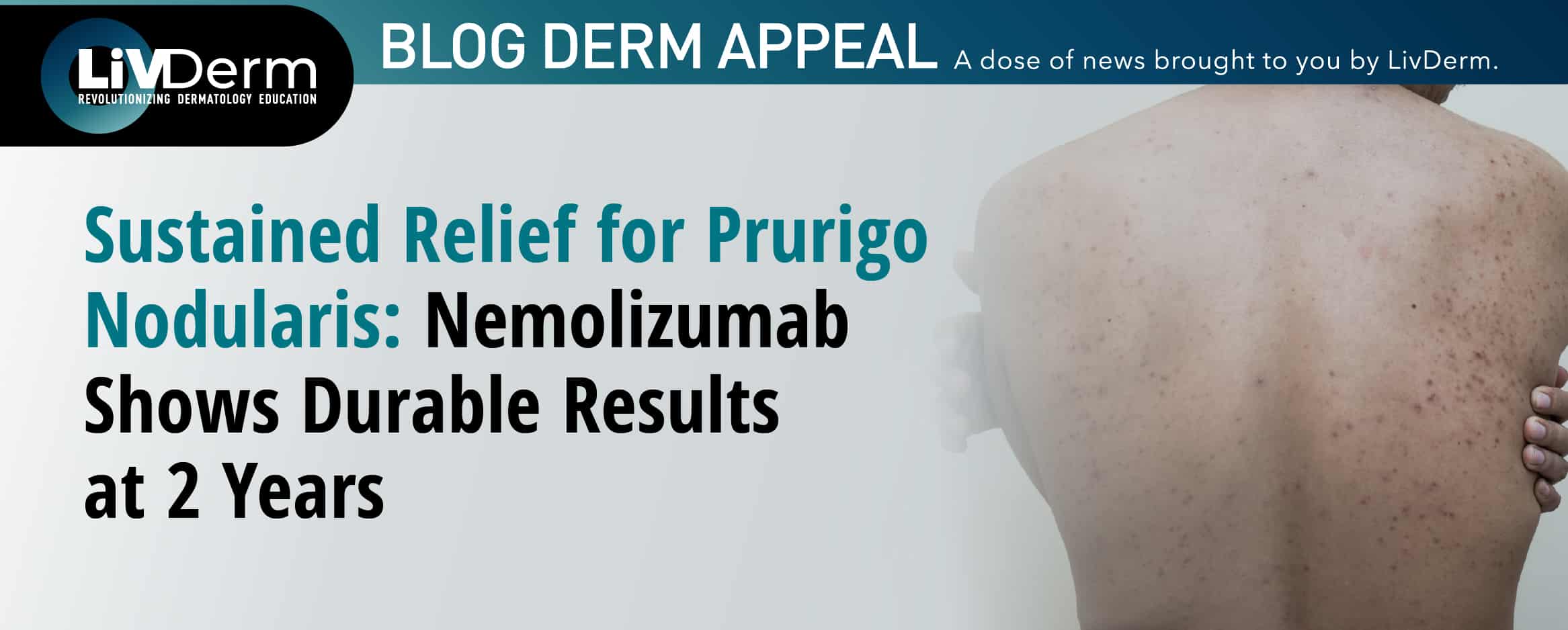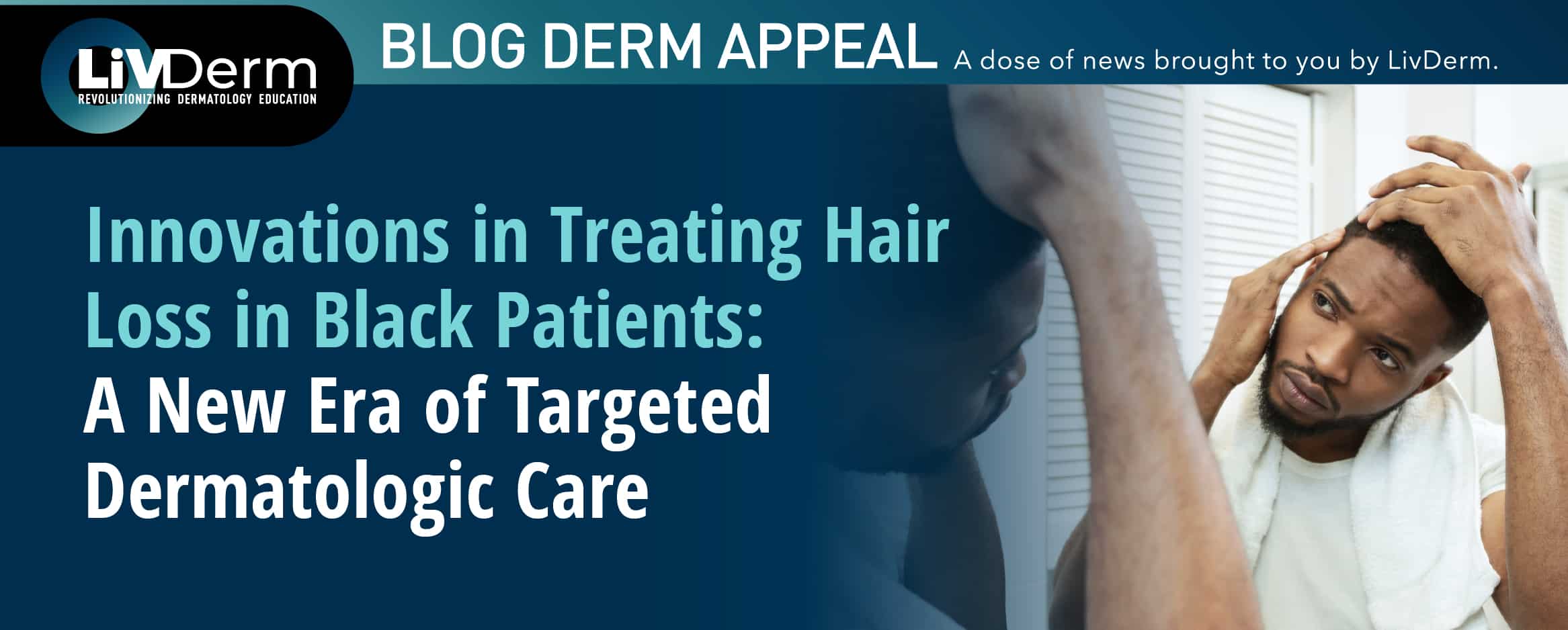Ultraviolet radiation exposure from the sun is the leading cause of skin cancer, the most common type of cancer affecting the United States population. Routine and diligent use of sunscreen is recommended to help prevent sunburn, reduce skin cancer risk, and halt premature aging related to sun exposure. Currently, there are 17 active sunscreen ingredients approved by the FDA, however, a variety of concerns ranging from environmental damage to hormone disruption has left many people searching for natural alternatives.
Traditional sunscreens may elicit allergic responses in sensitive individuals causing burning, itching, stinging, and swelling of the skin. Chemicals found in most drugstore sunscreen products have been recently called into question by the FDA amid safety concerns. Forthcoming research aims to determine whether active ingredients in sunscreen may have a noxious effect on the human body. Previous research has indicated that many traditional sunscreens contain endocrine disruptors and may alter normal hormonal regulation.
To avoid the potential risks of traditional sunscreen while further research is being conducted, or to minimize allergic reactions in sensitive skin types, there are many natural sunscreen alternatives that may also protect the skin from sun exposure.
Protective Clothing
Covering exposed skin with protective clothing and keeping sun exposure to a minimum greatly reduce damage and skin cancer risk. Rather than applying traditional chemical sunscreen, wearing specifically designed clothing that blocks ultraviolet radiation from reaching the skin can be a beneficial option. Wearing long-sleeved shirts, wide-brim hats, long pants, and sunglasses is a chemical-free method of preventing solar exposure.
Cosmetics
Commonly believed to irritate the skin, make-up and cosmetic products may actually protect the skin from harmful solar radiation. Opaque camouflage and post-surgical facial foundations have the potential to reduce sun damage and protect photosensitive skin. Camouflage foundations are waterproof designed for extended wear making them a promising supplement, or in some cases an alternative option to traditional sunscreen. Opaque lipsticks offer sun protection for lips, providing longer-lasting and more effective protection over clear lip balm products.
Plant Oils
Certain oils derived from plants have shown sun protection activity and may be a promising natural alternative to traditional sunscreen. Studies have shown that herbal oils contain natural sun protection factors, although most of them remain under SPF 10. In a 2011 study published in the Journal of Young Pharmacists, researchers found that calendula oil can be used to protect the skin from UV radiation with an SPF of around 15.
Red raspberry oil, rich in omega-3 and omega-6 fatty acids, prevents rashes, treats eczema, and can provide a lipid barrier strong enough to offer sun protection. With a sun protection factor of between 28 and 50, this natural oil protects against both UVA and UVB rays with as much efficacy as titanium dioxide – a common ingredient in traditional sunscreen.
However, it is important to note that while plant oils may offer some protection, they are not standardized or regulated. Therefore, replacing sunscreen with herbal oils alone may be tied to more risk than benefit.
Natural Sunscreens
With rising awareness of the importance of sun protection and the potential adverse effects tied to traditional sunscreen, a growing number of people are turning to natural or homemade sun protectors. A multitude of positively portrayed homemade sunscreen recipes are available on the internet however, 65% of them do not offer adequate UV ray protection, according to recent research. To combat this issue, many natural skincare companies are offering non-toxic sun protection options.
While the American Academy of Dermatology encourages the use of chemical sunscreens, advocating for the skin-defending benefits outweighing potential adverse effects, a growing number of people are opting for natural products instead. Chemical-free, non-toxic sunscreens and the other possible sun protection methods above have proven to provide adequate protection and coverage for those searching for healthier alternatives.
















